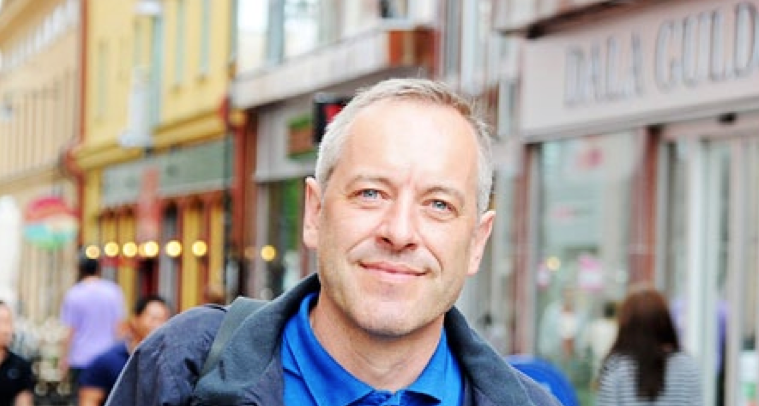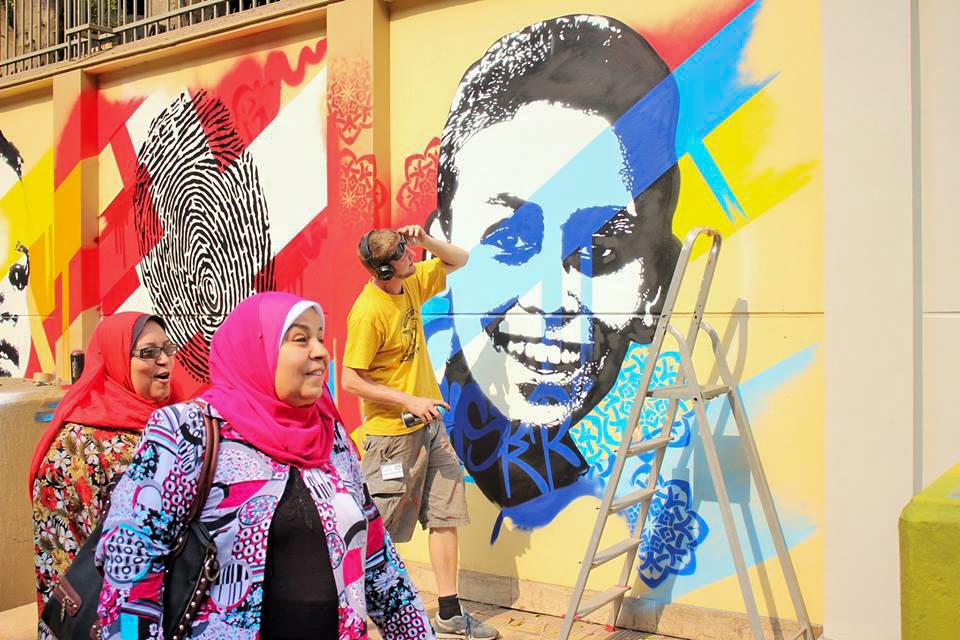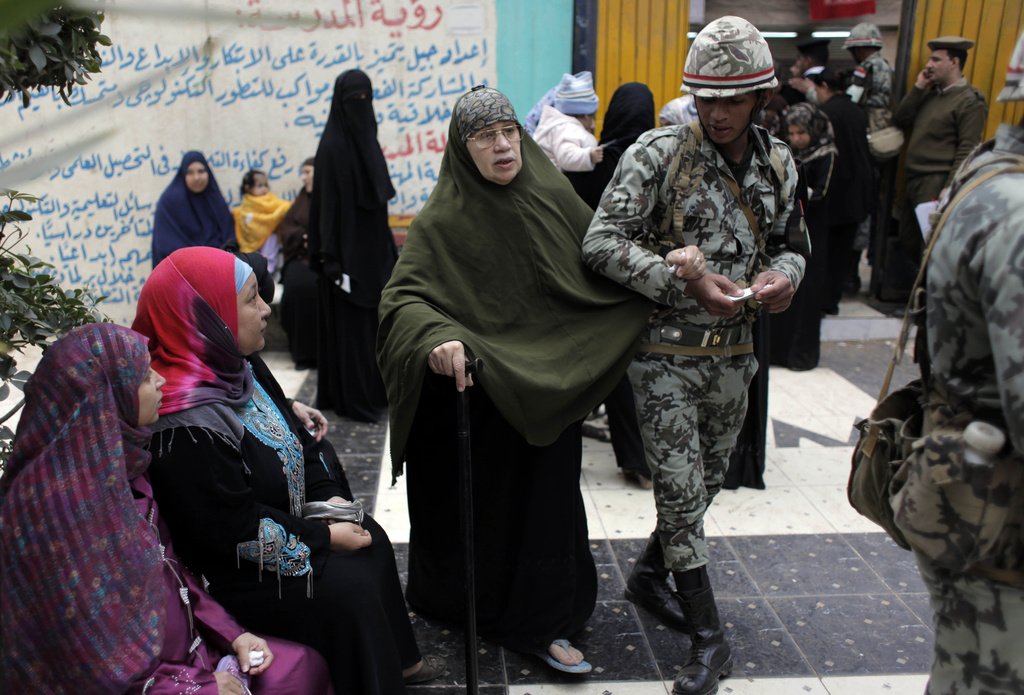Winning by losing, Tunisia style
Four years after the Jasmin revolution Tunisia has a modern constitution, a freely elected parliament and president – and also a new coalition government. But the "Arab world's first modern democracy" is challenged in its foundations by the deadly attack on the National Museum.
And there is a next step waiting: to decentralise the state – by active citizenship and participatory democracy.
The March 18 terrorist attack which killed more than 20 people at the Bardo Museum came as a shock, but Tunisia was not unprepared.
The same day, the national parliament began discussing a new anti-terrorist law. And the same night, all political parties agreed to continue the transition to democracy.
For such a move, Tunisia’s development is most promising despite last week’s terrorist attack.
An important step was taken in February.
After two failed proposals to establish a minority government, Prime Minister Habib Essid, who is not affiliated with any political party, put together a coalition of the four major parties: the secular Nida Tounes (86 seats in parliament), the Islamist Ennahdha (69), the liberal UPL (16) and Afek (8) parties.
166 of the 217 members of parliament voted in favour of the new – and for the Arab world – unique coalititon.
This is how modern democracy is being built in Tunisia – the Arab Spring’s uncontested star.

A few months ago I observed how the various groups, minorities and factions of this country of 11 million celebrated the fourth anniversary of their revolution.
In the pedestrian sections of the capital’s main street, Avenue Habib Bourgiba, thousands of people were peacefully promoting their different causes:
From the families of those who had suffered from the police violence during the revolution to gay groups, from Palestine solidarity committees to trade unions, and from leftist groups to the Islamists and extreme Salafists.
I witnessed a multi-coloured, loud, messy but deeply encouraging display for a region and a world still full of abuses of political power.
Social cohesion
What the Tunisians have achieved in the last four years since the end of the Ben Ali dictatorship is a solid start towards a modern and participatory democracy.
What makes Tunisia stand out from other countries in the region that saw the promise of the Arab Spring fizzle out?
The answer: Tunisia’s cohesive society, with strong civil society organisations like the UGTT trade union, the Human Rights League and women’s lobby groups.
The University of Carthage will host the 2015 Global Forum on Modern Direct DemocracyExternal link in Tunis from May 14 – 17.
It is the fifth conference of its kind and this year focuses on “Decentralisation by Participation”.
The meeting will bring together more than 300 active citizens, officials and journalists from about 30 countries.
Tunisia also saw tough power struggles and ugly acts of violence like elsewhere in the Arab world, but the Tunisian response was different. Tunis took the patient and humble route of finding compromises when it comes to the new rules of the game – enshrined in one of the most modern constitutions in the world.
This textExternal link was adopted by 93% of the members of the Constitutional Assembly one year ago, on January 26, 2014. The Assembly itself had been directly elected by the Tunisian people three years earlier.
Still, many Tunisians – especially young Tunisians who expected big changes after the revolution– have been disappointed with the moderate achievements by way of compromise.
While some emigrated to nearby Europe, others (especially from the rural areas) joined the evolving wars in neighboring Libya and Syria – and have now started to bring back the terrorist threat to Tunisia, as the March 18 attacks made clear.
Constitutional imperative
But political violence is not the only concern for the country. As a result of the regional turmoil, Tunisia’s economy has suffered. Many features of the state, including the administration and the judiciary, have not yet seen major reforms.
Most challenging, however, is the absence of local and regional structures in Tunisia.
Under the dictatorship, villages, towns and provinces were simply ruled as administrative entities under the central government. The result: inefficiency, corruption and a total lack of participation by citizens.
But, under the new constitution, this must now change.
The new constitution stipulates not only wide- ranging devolution but also participatory democracy.
According to Art. 139: “Local authorities shall adopt the mechanisms of participatory democracy and the principles of open governance to ensure the broadest participation of citizens and of civil society.”
This will be one of the first big democratic challenges of the new grand coalition: how to decentralise a country by letting the citizens participate and by establishing modern forms of direct democracy.
Here the participatory and democratic nature of the Tunisian edition of the Arab Spring will need to flower again – just as it did in delivering the new constitution and a series of free and mainly fair elections.
Building local governments in local communities will require more than the ballot box; it demands participation, thoughtful democratic design, and careful agreement.
Tunisia’s global challenge
The coalition government of Prime Minister Essid has no time to lose.
Critics are demanding that the first local and regional elections take place later this year.
But before such elections can happen, many basic issues need to be agreed on.
What are the geographic boundaries of the still-to-be-defined municipalities and provinces? What will be the legal basis, the authority and the very nature of these local governments?
Tunisia is, of course, only the latest democracy around the world to face these sorts of questions and challenges. That is why the country’s major national academic institution, the University of Carthage, will host the 2015 Global Forum on Modern Direct DemocracyExternal link in May, together with partners from across the globe.
This fifth world conference on participatory democracy will see the global launch by swissinfo.ch of a news media platform in ten languages on direct democracy.
And, with any luck, the conference will embody the spirit of Tunisia where people stand united against terrorism and where people power is established through the difficult but essentially democratic work of sharing.
Opinion series
swissinfo.ch publishes op-ed articles by contributors writing on a wide range of topics – Swiss issues or those that impact Switzerland. Over time, the selection of articles will present a diversity of opinions designed to enrich the debate on the issues discussed.

In compliance with the JTI standards
More: SWI swissinfo.ch certified by the Journalism Trust Initiative




You can find an overview of ongoing debates with our journalists here . Please join us!
If you want to start a conversation about a topic raised in this article or want to report factual errors, email us at english@swissinfo.ch.